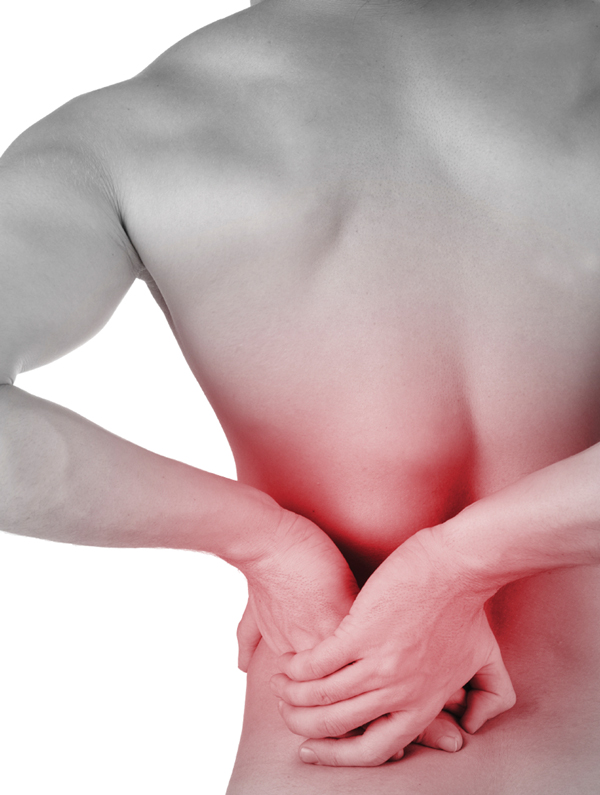Hydration, electrolytes, salt and pickle water are all common internet solutions for muscle cramping. These remedies are based off the assumption that muscle cramping is secondary to imbalances in electrolyes (potassium, sodium) or hydration levels. In particular, when athletes are dehydrated there is a decrease in the water content, concentrating many elements in the bloodstream and muscles. This theory has held for many decades leading to a tremendous increase in drink sales (Gatorade), hydration methods (camelback), and electrolyte supplementation. Recent research is debating the impact of these theories on the pain, discomfort, and decreased performance seen with cramping.
In 2013, Braulick et al. examined the impact of hydration status on the threshold of muscle activation required to produce cramping (Br J Sp Med). Participant’s muscles were stimulated to contract both in hydrated and dehydrated states. The authors noted significant and serious dehydration did not affect the tendency for a muscle to cramp. Under these laboratory conditions, hydration and electrolyte concentrations did not impact cramping onset.
Schwellnus et al. conducted a study looking at pre and post race hydration and electrolyte levels in Ironman Triathletes to determine if these concentrations impacted the development of cramps (Br J Sp Med. 2011). 210 triathletes competing in the Ironman event under pre and post testing and 43 reported exercise induced muscle cramping. The authors found no significant differences in blood electrolyte or water concentrations between the groups having cramps and those finishing the race without cramps. Interesting, two variables were identified as risk factors for muscle cramping: a prior history of muscle cramping in prior races and faster running speeds (higher intensity of exercise).
Adding more evidence against electrolyte and hydration causes for exercise induced cramping is another article by Schwellnus on ultra marathon runners (Br J Sp Med. 2013). 49 runners participating in a 56 km race and were subjected to the same pre and post blood work analysis. 20 runners reported exercise induced cramping either during the race of in the 6 hours after the race. Risk factors for running during the race included longer training sessions, higher intensity training sessions, and a faster running time during the race. These two articles by Schwellnus et al place muscle fatigue or overuse as a likely cause of exercise induced muscle cramping.
Weakened and fatigued muscles, either from disuse or overuse, are more likely to be overloaded during low intensity, long duration exercise events resulting in abnormal firing patterns in a muscle. Entering an endurance race in a fatigued or over-trained state may make a muscle more prone to cramping. Hydration is important for a race, but it is rare to encounter a dehydrated athlete prior to an event. Prevention should focus on increasing the capacity (resistance training) of lower extremity muscles to handle the increased loading during endurance events. In addition, utilize a Physical Therapist to analyze your mechanics to determine if you are overloading a muscle during your endurance event.

